Why Do Your Farts Smell So Bad? Find Out.
You have heard me speak of indigestion, bloating, and acidity at length in the past. One of the interesting and peculiar queries that many of you have asked me to address is about smelly farts.
“Luke, why do my farts smell so bad? Does it indicate an issue with my gut or increased inflammation?”
Let’s break it down.

Flatulence, casually known as passing gas or farting, is one of the most common functions of the human body. Years of television and filming have turned this into a comical phenomenon, but it is a dire need of the body to pass gas. And let’s be honest – everyone farts!
You can pass gas as many as 22 times in a day, and it would still be considered healthy. Sometimes, due to overeating, you might pass more gas than usual. Though sometimes, you might have noticed that this gas carries a putrid smell and I have many patients who complain of the same.
How does digestion affect the smell of passed gas?
When you eat food, acids are released which start to break down the food and commence the process of digestion. Digested food is then transported into the intestine, wherein the microbes perform another significant process – fermentation, a process in which the digested food is stripped of its nutrients, and supplied to parts of the body.

Now, fermentation of any kind produces a particularly strong, rotting smell. If you have ever passed by a fermentation plant, you will have noticed the odor that lingers in the air around it. This same process is taking place in your digestive tract. So for your stools or gas to be smelly at times is perfectly normal. But what about when it is not?
What could be the reason for passing smelly gas?
Consuming cruciferous vegetables
Cruciferous vegetables like cauliflower, broccoli, and kale when blacked, steamed, or cooked and consumed, are extremely healthy for our system. But yes, these may cause gas or flatulence in some people. When you cook them, you may notice that they smell like rotten eggs because they contain sulfur. Cruciferous veggies are also loaded with fiber which ferments in the gut to produce Short Chain Fatty Acids (SCFAs), which are therapeutic for the liver, gut, and immune system and also help to control inflammation.
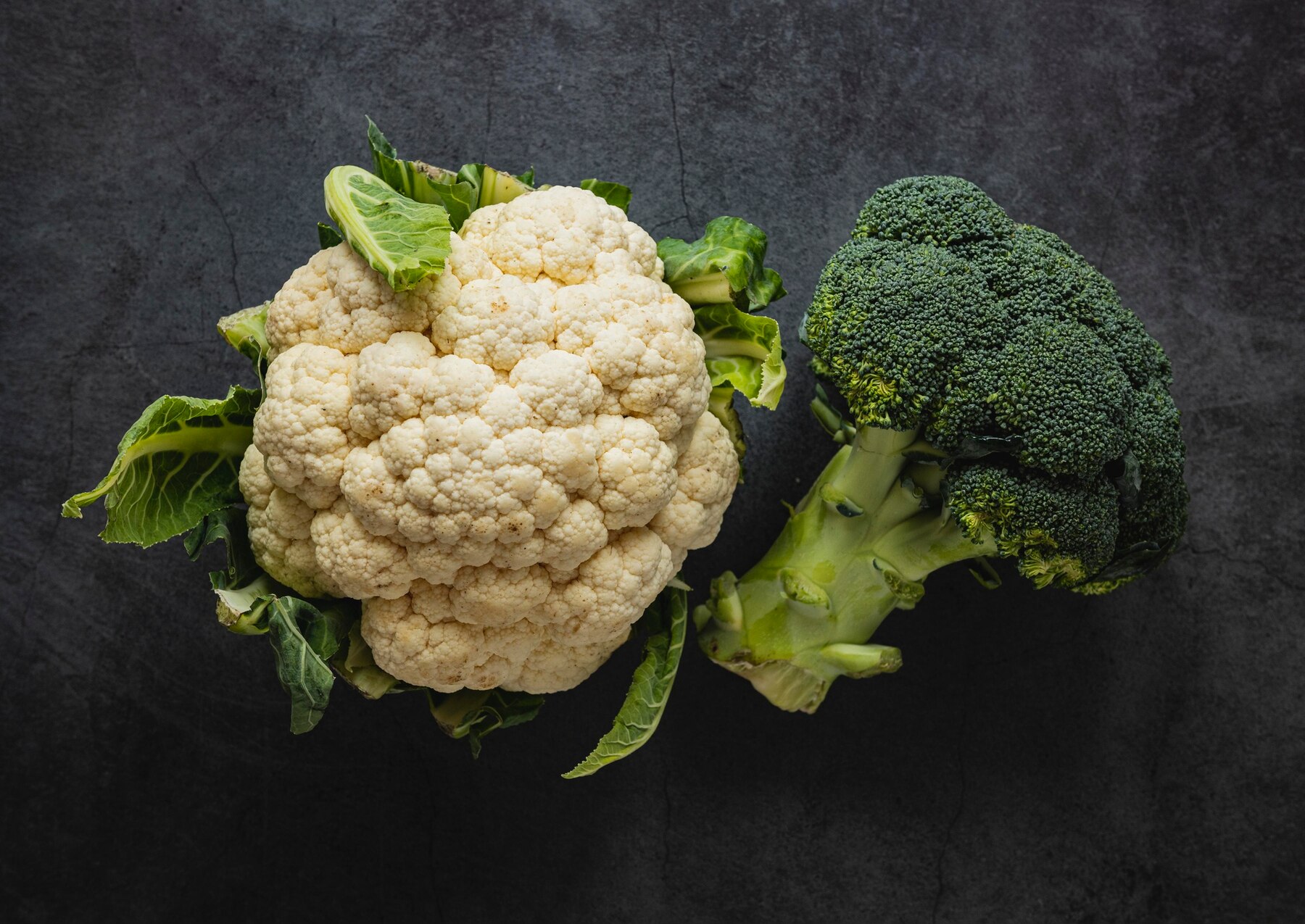
Are you on antibiotics?
Antibiotics may be crucial in some cases. But in their honest attempt to get rid of the bad bacteria, they sometimes also wipe out good gut bacteria. This disrupts the balance in your gut microbiome. (This is why your doctor may often recommend taking a B-complex while you are on antibiotics.)

So if you eat, and there aren’t enough microbes to complete the process of digestion, it can also lead to feeding the unhealthy bacteria and increasing their ratio in the gut. If the food that enters your system stays undigested, it begins to ferment – this can cause smelly gas too.
Consuming lentils and legumes
Legumes and lentils tend to make some people extremely gassy. If consuming these regularly makes you gassy, and creates smelly gas and bloating – then you could already be aware that it might not be suiting you.
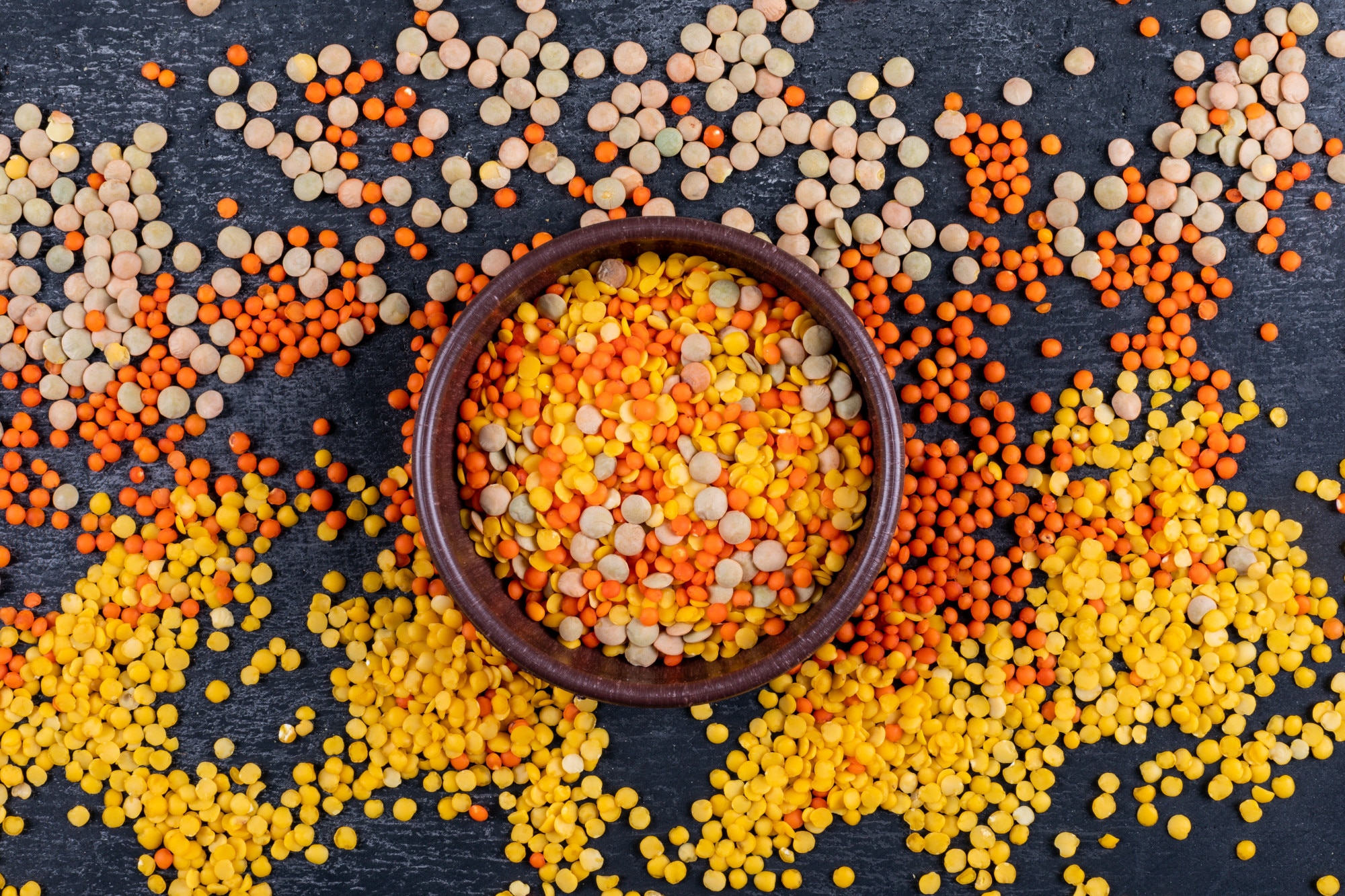
Lentils and legumes contain anti-nutrients, which makes them more difficult to break down in the system. This is why it is important to always soak lentils and legumes for a minimum of 12 hours. You could double-soak these, with a little vinegar, asafoetida, or a slice of ginger – to get rid of the anti-nutrients.
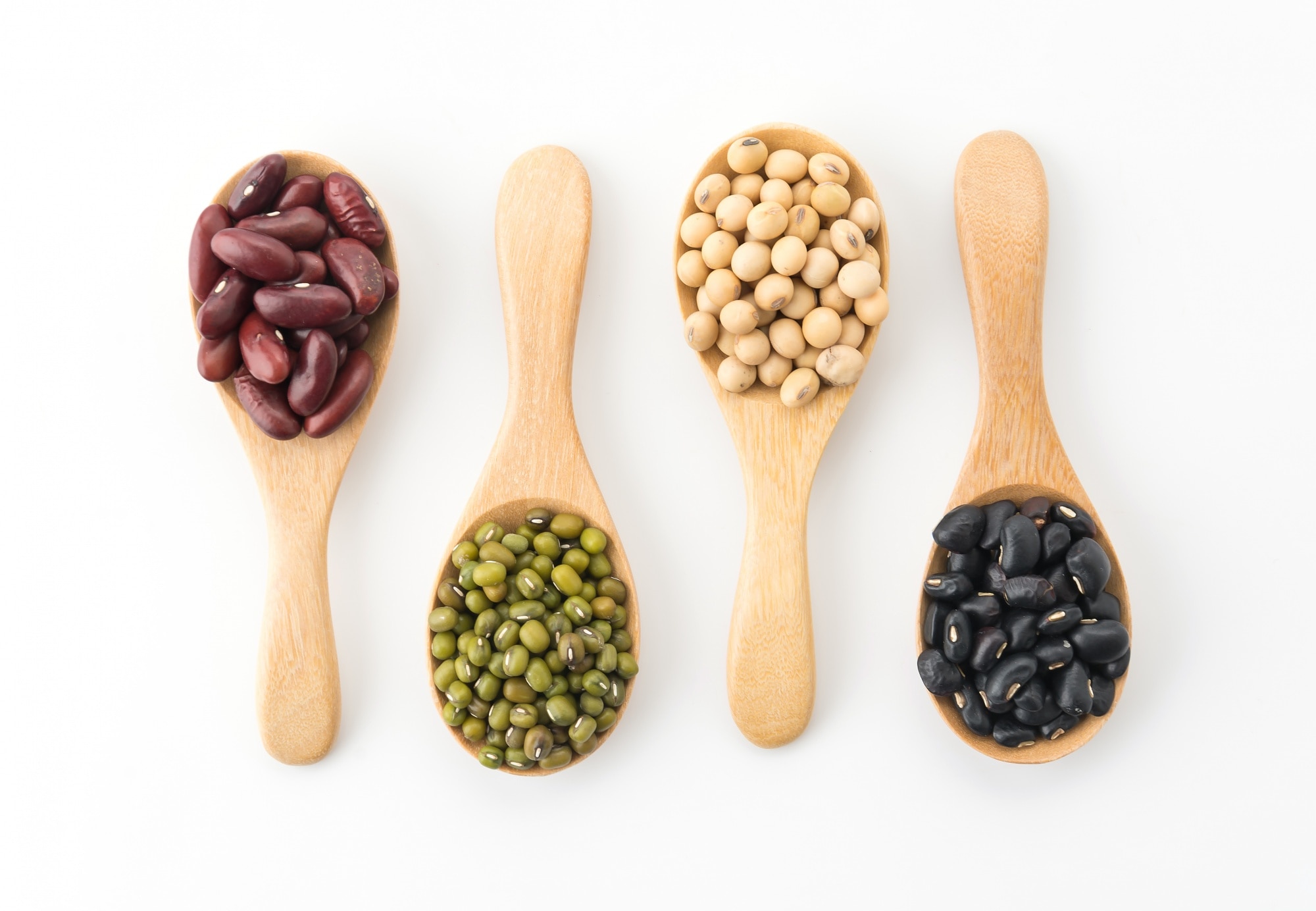
For patients suffering from severe Crohn’s disease, Leaky Gut Syndrome, or IBS (Irritable Bowel Syndrome), we usually recommend stopping the consumption of lentils and legumes, as your gut is not strong enough to digest lectins, an antinutrient that irritates the gut. Once you rebuild your gut health, you can slowly start reintroducing these in your diet under the guidance of your integrative healthcare expert.
Lactose Intolerance
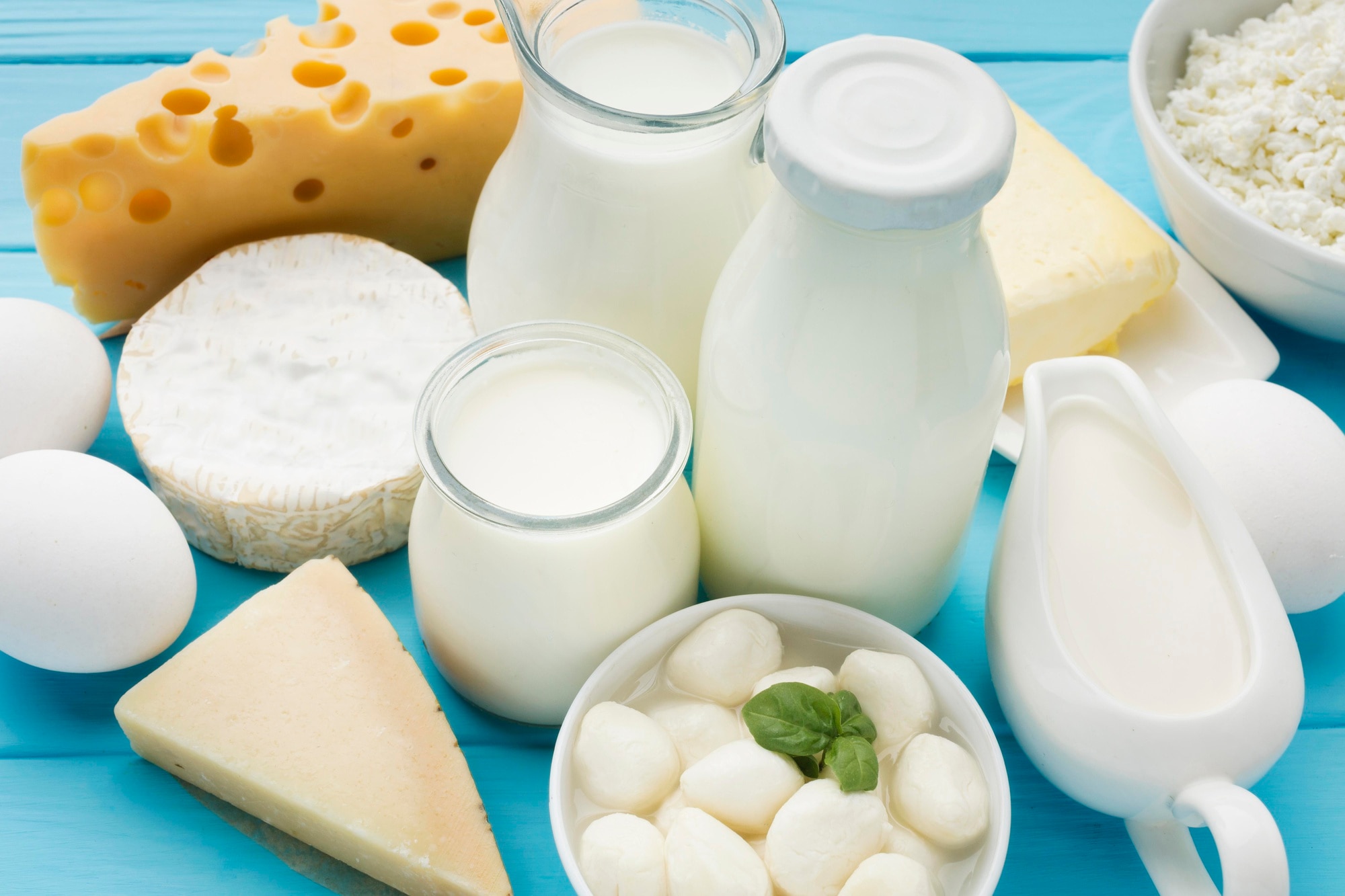
Lactose Intolerance is a common cause of smelly flatulence in adults, and even in children and toddlers. This is when lactose or dairy products cannot be broken down and digested effectively in the system. Due to the inability to digest, the lactose remains in the gut for a longer time and continues to ferment. The longer the fermentation continues, the stronger the smell in the gas.
Constipation

If you are constipated, stools are fermenting in your colon, and the toxins which need to be removed from the body are possibly getting re-absorbed into the system. As I mentioned before, the longer the stool remains in your system, the stronger the odor due to continuous fermentation. You need to resolve constipation by integrating lifestyle changes or consulting a healthcare practitioner. Here are 5 natural ways to ease constipation.
Nuts
From Ayurveda to modern medicine – all advise you to soak your nuts before consuming them. Why?

Nuts also contain anti-nutrients, which come in the way of effective digestion and fermentation. Though nuts are overall considered to be one of the healthiest foods for human consumption, ingesting these anti-nutrients can obstruct the absorption of minerals and vitamins from the food you eat in your gut. Soaking these rids the nuts of the anti-nutrients, making them safe for digestion. Avoid overconsuming nuts because these are rich in sulfur, fat, and fiber which also makes them slow to digest. Moderation is key.
Obstructions in the digestive tract

Sometimes, after evaluating all of the possibilities, you feel like none of these fit your criteria – then you must visit a doctor and have a stool test done, as you could have bacteria, or a polyp in your colon, which obstructs all the stool from passing out. This retention of stool in the system could cause smelly farts.
What about babies and smelly farts?
Some babies could be lactose intolerant. Here your call to action would be to change their diet and keep your pediatrician in the loop to find alternatives that suit them. You will understand better if the texture or smell of their poop changes, and what could comfort your baby.

Another reason could be that the baby is suffering from colic, which would usually be accompanied by uneasiness, painful crying, and smelly farts. You could meet your pediatrician to resolve this.
How can you evaluate what is causing you to have smelly farts?
If you are concerned about the smell of your farts, you need to start backtracking.
What did you eat? 4, 6, 8, or even 12 hours ago. Was it milk? Or some kind of lentil or legume? Or was it gluten?
Compare it to the days when you passed gas that wasn’t smelly – and you will understand what suits your digestive system and what doesn’t. Remember, each of you is a bio-individual. What works for someone else doesn’t have to work for you. So assess and decide what works best for you.
While many of my patients are concerned with the process of fermentation and ask me if there is any way to stop it. Fermentation, digestion, and passing gas which could sometimes be smelly, are all part of our natural canvas. Without fermentation, we would be very unwell, as our bodies would not be absorbing any of the nutrition from the food we eat.
So, listen to your body, and what it is telling you. If you are concerned with the smell of your gas, think about what you ate and how it could affect you. However, if this is a frequent problem, consult your doctor.
Feeling sluggish and bloated? Want to rebuild your gut health the right way?
Join our You Care Wellness Gut Health Program here.
Set up a one-on-one consultation with our team on WhatsApp here, call 1800 102 2053, or write to us at info@lukecoutinho.com.
ALSO WATCH: Smelly Farts & Gas? What’s Your Body Trying To Tell You?
RELATED READINGS
Indigestion (Dyspepsia): Causes, Tips, and Remedies To Manage It
Thousands Of Clients Reversed Gut Issues With These Lifestyle Changes
Try This 5-Day Gluten-Free And Dairy-Free Challenge For Better Skin, Hair, And Digestion
|
From a pimple to cancer, our You Care Wellness Program helps you find a way Talk to our integrative team of experts today 18001020253 |



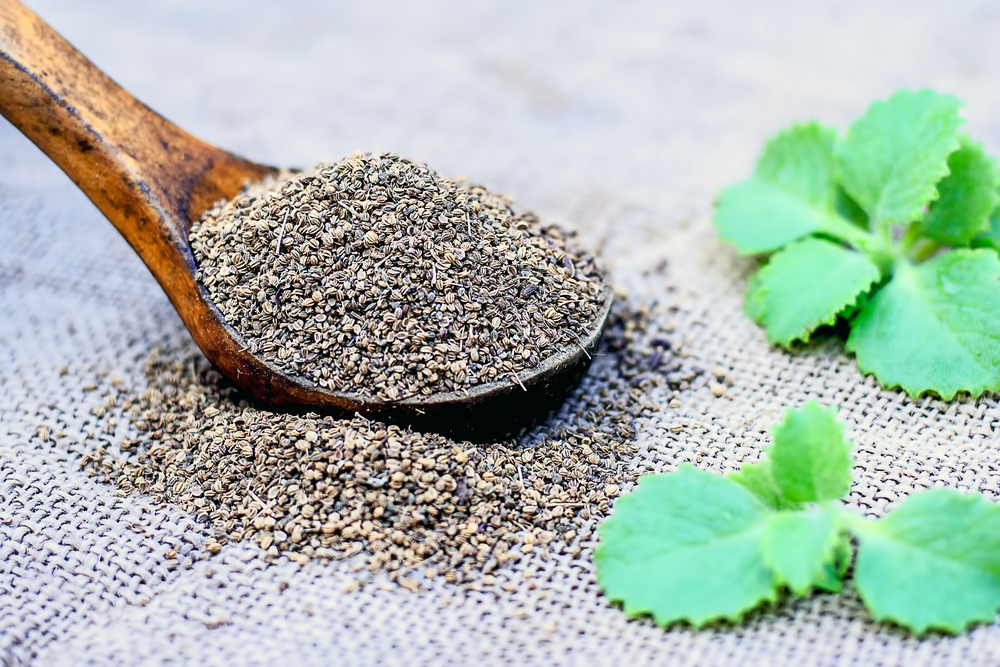






Leave a Reply